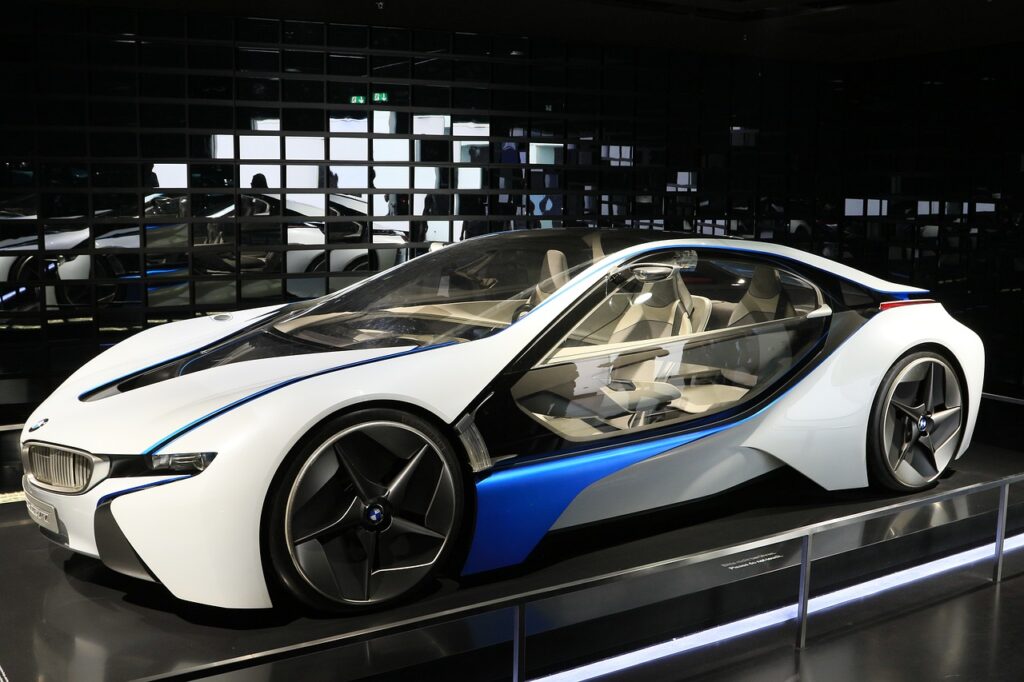
Title: The Environmental Reality of Electric Cars: Energy Sources Matter
In recent years, electric cars have gained immense popularity as a more sustainable and eco-friendly alternative to traditional gasoline-powered vehicles. However, it’s essential to recognize that electric cars are not entirely pollution-free. They, too, have an environmental footprint, but the key lies in understanding where their energy comes from.
The Myth of Pollution-Free Electric Cars
Electric cars have often been hailed as a beacon of hope in the fight against climate change due to their zero tailpipe emissions. While this is undoubtedly a significant advantage, it’s crucial to consider the complete lifecycle of these vehicles, from production to operation.
The Power Behind the Plug
Electric cars are only as environmentally friendly as the energy sources used to charge them. In regions where the electricity grid is powered primarily by fossil fuels, such as coal or natural gas, the environmental benefits of electric vehicles may be compromised. These power sources emit greenhouse gases and air pollutants during electricity generation.
However, the situation becomes significantly brighter when electric cars are charged with electricity generated from renewable sources like solar, wind, hydro, or nuclear power. In such areas, the reduction in greenhouse gas emissions from electric vehicles can be substantial.
The Importance of Cleaner Grids
One of the most effective ways to make electric cars genuinely eco-friendly is to transition to cleaner energy sources for electricity generation. Governments, industries, and communities can work together to increase the share of renewable energy in the grid.
Reducing Your Electric Car’s Carbon Footprint
As a conscientious electric car owner, you can take steps to minimize your vehicle’s environmental impact:
- Opt for Clean Energy: If possible, choose renewable energy options for your home charging station. Solar panels on your roof can power your car with truly green energy.
- Time Your Charging: Charging your car during off-peak hours, when electricity demand is lower, can help reduce stress on the grid and promote the use of cleaner energy sources.
- Advocate for Change: Support policies and initiatives that aim to shift the energy grid toward renewable sources. Encourage your local utility companies to invest in sustainable energy options.
- Drive Efficiently: Maximizing your car’s efficiency will help you get the most out of every charge, further reducing your carbon footprint.
In Conclusion
Electric cars offer significant environmental benefits when charged with clean, renewable energy. However, it’s essential to remember that they are not entirely pollution-free if the electricity source is based on fossil fuels. The key to realizing the full potential of electric vehicles lies in transitioning to cleaner energy sources, making electric cars a pivotal part of a more sustainable and environmentally friendly future. By making conscious choices and advocating for change, we can ensure that electric cars truly live up to their promise of reducing pollution and combating climate change.






